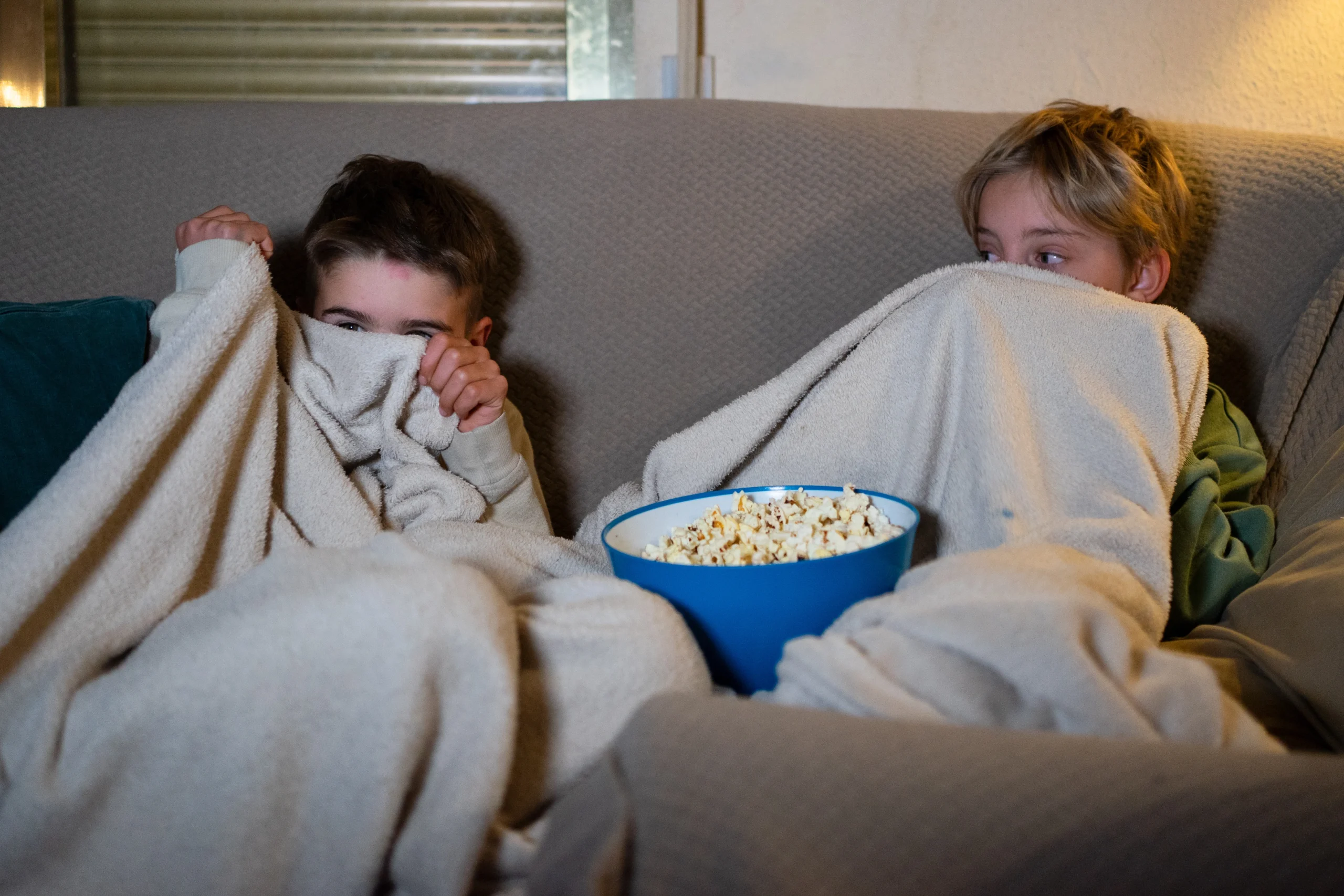As a therapist in Mumbai, one of the most frequent concerns I hear from parents is, “My teen is always watching videos—what should I do?” Whether it’s YouTube, Instagram Reels, or Netflix, digital content is deeply woven into how teenagers connect, learn, and even self-soothe today.
But understandably, this flood of content raises important questions for parents: Is too much screen time damaging? Should I limit what they watch? Will they disconnect from the real world?
Let me assure you—there is a healthy way forward. This blog isn’t about banning screens, but about creating emotionally safe, practical boundaries that support your teen’s mental health and development.
Why Video Consumption Matters for Teens Today
The average teenager in India now spends nearly 3–5 hours daily consuming short-form or long-form video content, as per 2024 data from Kantar. That’s more than any generation before them—and it’s not all negative. Videos can teach, entertain, and even empower. But when unregulated, they may also:
- Trigger anxiety through overstimulation
- Increase sleep issues due to late-night viewing
- Create distorted body images or unrealistic expectations
- Encourage unhealthy comparison with peers or influencers
As a psychologist in India, I’ve seen how unchecked video consumption often becomes a coping mechanism for underlying struggles like loneliness, academic stress, or even undiagnosed depression.
1. Understand Before You Intervene
Start by asking yourself: Why is my teen watching so much?
Sometimes, videos offer more than entertainment. They might be:
- An escape from academic pressure
- A way to feel “seen” through relatable creators
- A substitute for social interaction during a tough time
Rather than immediately enforcing limits, create space for honest, non-judgmental conversations. Ask: “What do you enjoy about this content?” or “How do you feel after watching it?”
As someone offering child counseling and teen therapy, I find that understanding your teen’s emotional needs is more effective than simply policing behavior.
2. Co-Create Digital Boundaries
Let’s be honest—setting limits rarely works when it’s one-sided. Teens value autonomy, and rightly so. Instead of saying “No screens after 8,” involve them in designing family media rules.
Try creating a “Digital Agreement” together that includes:
- Daily screen limits for non-academic viewing
- Device-free meals and sleep hours
- Curated content (educational, age-appropriate, interest-based)
As a family therapist, I’ve guided many Indian households to move from conflict to cooperation using this collaborative approach. The goal isn’t just discipline—it’s mutual respect and emotional safety.
3. Balance Online and Offline Nourishment
What’s often missing in high-video-consuming households is emotional replacement. Teens watch videos not just because they want to—but because they’re bored, anxious, or feel unseen.
As a parent, you can introduce balance by:
- Encouraging shared hobbies (cooking, music, games)
- Promoting outdoor play or sports
- Validating emotional needs directly—“You seem overwhelmed, want to talk?”
When necessary, don’t hesitate to seek professional help. I offer online psychologist consultation in India for teens who show signs of withdrawal, irritability, or low motivation, especially after screen-heavy days.
The Hidden Impact: Sleep, School, and Self-Esteem
Excessive video content often leads to:
- Disrupted sleep cycles (blue light exposure delays melatonin)
- Academic procrastination (especially due to binge-watching)
- Impaired social confidence (they may prefer watching life than living it)
Parents often come to me thinking it’s just “distraction.” But when I assess their children during individual therapy, I find deeper issues—like low self-esteem, fear of failure, or even early signs of chronic post traumatic stress disorder symptoms (in rare but serious cases).
Signs Your Teen May Need Support
Here’s when video viewing may indicate deeper issues:
- They seem emotionally numb or unusually reactive
- There’s a decline in grades or loss of interest in hobbies
- They isolate or avoid conversations frequently
- They mimic unhealthy behaviors seen online
In these cases, it may help to consult a Certified cognitive behavioral therapist in Mumbai or begin anxiety management programs in Mumbai to support emotional regulation.
Final Thoughts: Be a Bridge, Not a Wall
Your teen doesn’t just need rules. They need you—curious, calm, and emotionally available. Video content isn’t going anywhere. The real work is learning how to guide them without creating guilt, shame, or rebellion.
As a Licensed psychologist in India, I remind every parent I work with: You’re not trying to win a battle against screens—you’re building a relationship that can weather anything.
If you need help creating boundaries that support both connection and safety, I offer:
- Group therapy sessions in Mumbai for teens and families
- Relationship counselling in India for parent-child communication
- Premarital counseling services in Mumbai if you’re also parenting as a couple
Practo Profile Line
Ms. Tanu Choksi is a warm and friendly counselor and therapist in Mumbai, offering patient, non-judgmental, and rational solutions to personal problems.
Social Channel Promotion
For more tools, tips, and gentle guidance on teen mental health, follow along on Instagram, Facebook, and LinkedIn.




